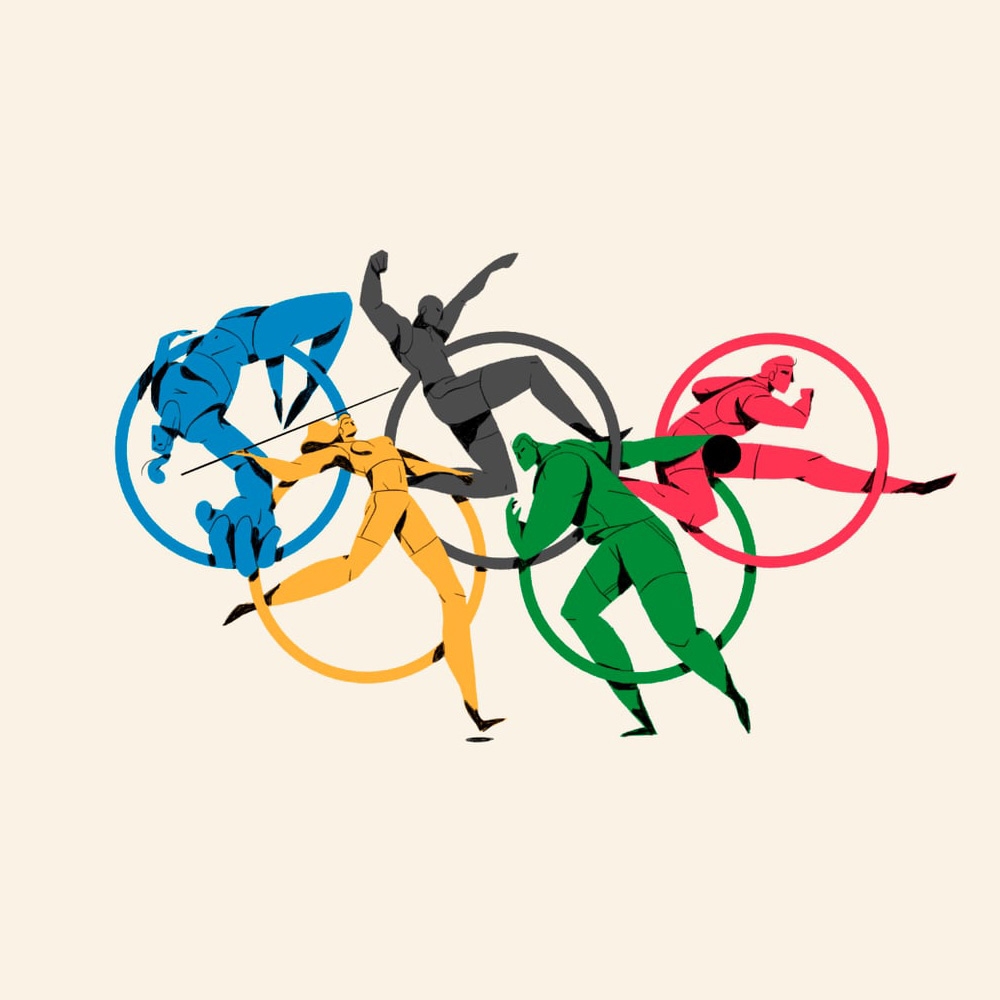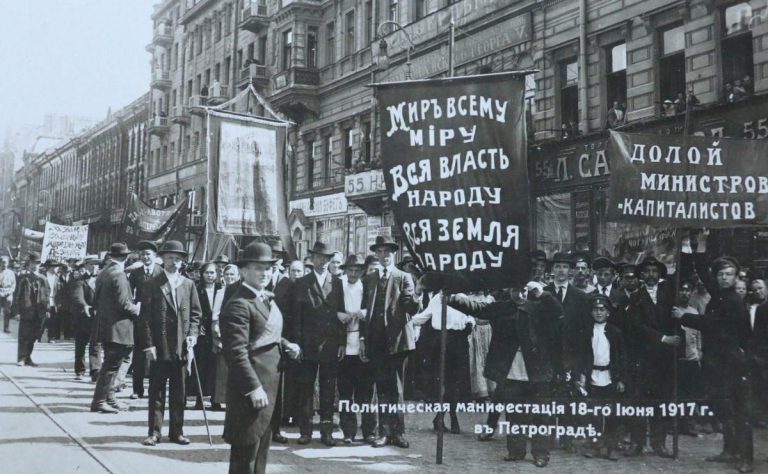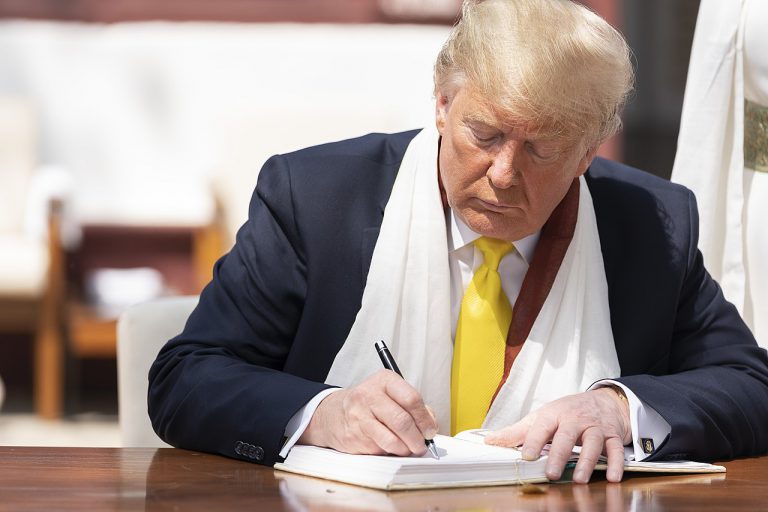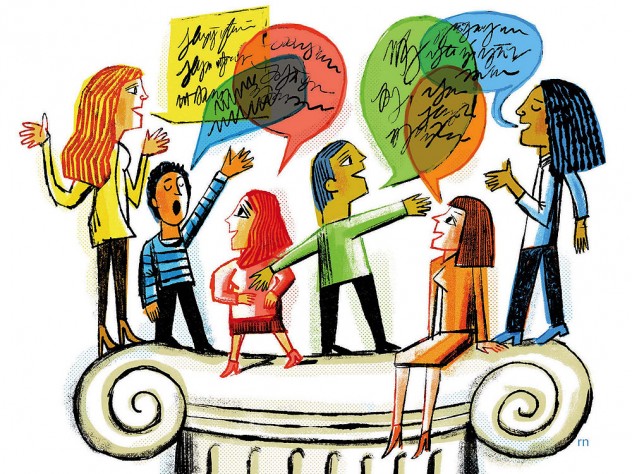Citius, Altius, Fortius- The Unending Story of Agony and Ecstasy
Dr. Jayan is a ‘Contributing Writer’ at the journal.

The world becomes one and the sea of humanity is the most colourful when the human race is merged in one place from the different corners of our planet. A global sporting spectacle called the Olympics takes place in one city with millions of spectators glued to the television sets and others seeing it live inside the stadium when records are created and erased at the same time. It is the only event where different nations, languages, cultures, races, and ethnicities of the planet converge and one of the few legacies from the ancient civilisations is carried out to near perfection, which receives incomparable adoration across the globe.
“The Olympics remain the most compelling search for excellence that exists in sport, and maybe in life itself”
Dawn Frazer, the three-time Olympic champion
Each flag matters to the flagbearer and the viewers alike, the only difference is that he or she holds on to the most precious national symbol and others respect, adore, admire, love, and abide by it. The flag flutters and breezes past, not knowing the attention it receives and the accolades it wins as it remains the highest representation of a nation among a vast landmass filled with the myriad colours of humanity. The colours of the Olympic flag including the white background are in one way or another found in the flags of all the countries and the five Olympic rings stand for each of the five inhabited continents. (Americas are to be taken as one. Europe, Asia, Australia and Africa). The world is one and comes together as one for the Olympics. Tokyo 2021 will have two flag bearers, a male and a female, to show gender equality. Mary Kom, the six-time world women boxing champion and Manpreet Singh, India’s men’s Hockey captain would be India’s flag bearers.
As the athletes enter the Olympic stadium, the roar, shout, claps, cheers and emotions are all visible and audible to everyone not just in the Olympic stadium of the host city but to multitudes spread across the oceans in the different continents. Neither the Ancient Greeks nor their Gods and Goddesses would have dreamt or imagined that their idea and innovation would today plunge the world into a craze of perfection matched with nerves of determination. Olympics also makes the sporting world compete in the most daring manner where the strongest endure and the fastest inspire as every athlete dreams of setting foot on the podium where they see the flags and emotions rise. Among all the Greek legacies which the world received or borrowed with delight, the institution of the Olympics has withstood the test of time. From its simple origins in Greece, it has become more sophisticated, perfected and balanced with technological innovations and expertise unmatched as never before with the count of every four years. The Olympics is one event or spectacle which has been held continuously without a break or change except on three occasions, 1916, 1940, 1944 due to the First and Second World Wars and in 2020 due to the COVID 19 pandemic.
From the presence of tiny islands, archipelagos, and the smallest landlocked countries to the biggest and more populous nations, the Olympics is a symbol of pride and which unfortunately comes only once in 4 years. More than the visual treat on the screen and the ground are stories that inspire and transform the lives of others within and beyond the sporting arena. Jesse Owens in Berlin in 1936 proved to the world and Hitler that skin colour and ethnicity does not matter in the battlefield of sporting excellence, fair play and sportsmanship.
Some gain nicknames besides their names being etched down the memory lane of sporting histories. The names of Emil Zatopek, who was called the Czech Locomotive for winning three gold medals in the 1952 Helsinki Olympics and Pocket Hercules of Turkey Naim Suleymanoglu who was a three-time Olympic champion deserve special mention.
The Flying Fish and The Baltimore Bullet as Michel Phelps is popularly called is the most decorated olympian of all time with a tally of 28 Olympic medals. As he went to Starbucks with his wife and friend, the barista wrote these names on the three cups – GOAT, a friend of GOAT and wife of GOAT. The “Greatest of all Time” acronyms are also applied to some of the greatest in Olympic history. Usain Bolt is often referred to as the ‘Lightning Bolt’. Florence Griffith Joyner who set records in the 1988 Olympics got the name Flo-jo after her marriage to Al Joyner.
The Tokyo 2021 Olympics will be missing some big names like Mo Farah (10,000m) Christian Taylor (Javelin Throw) David Rudisha (800m) Roman Vlasov (Wrestling) either due to injury and not attaining the Olympic qualification mark.
Names that appeared on the television screens in the yesteryears of the Olympics never fade from the memories of those who value their zeal, determination and patriotism. Nadia Comaneci of Romania at the age of 14 in the 1976 Montreal Olympics became the first gymnast to score a perfect ten, setting an example for others like Alexander Dityatin and Mary Lou Retton. Sergey Bubkha, the Ukrainian born Soviet athlete who was the first pole vaulter to clear 20 feet, was described as the century’s greatest athlete. Abebe Bikila of Ethiopia created a marathon history in the 1960 Rome Olympics by winning the gold barefoot. His only shoe was damaged during training, but that didn’t deter him from his set goal.
At the age of 28, Sergeant Karoly Takacs of Hungary lost his right arm in a grenade explosion. All the years of toil and turmoil turned into a nightmare in an instant but Takacs was not the one to resign to his fate and did book a date with history. He won the gold in the 1948 London Olympics and came back to claim the Gold again in the 1952 Helsinki Olympics. The story has a twist! Takacs was a right-hander but trained with his left hand and became a champion on the world stage.
On to India and Indians, the stellar performances of Milkha Singh and P.T. Usha are prime examples of defeat but victory on the battlefield of the Olympics. The Flying Sikh and The Payolli Express lost the Bronze in Rome (1960)and Moscow(1980) respectively by a hundredth of a second. It was anguish for both of them and millions of Indians but they captured and captivated our hearts. Abhinav Bindra once said that he feels quite lonely in the club of which he is the sole member as the only individual Indian Olympic Gold medal winner.
With the wait finally set to be over once the games begin in Tokyo, let’s hope one or all of them in the list which includes Mary Kom, Amit Panghal (Boxing), Mirabai Chanu(Weightlifting) Elavenil Valarivan, Saurabh Chaudhary(Shooting), Neeraj Chopra(Javelin Throw) Bajrang Punia ( Wrestling) Deepika Kumari, Atanu Das ( Archery) will be able to stand on the podium with the Gold medal and the Indian tricolour being raised. Our last medal in Hockey was in the 1980 Moscow Olympics where we clinched the gold by defeating Spain.
P.Sreejesh is the wall of the Indian Hockey team and let’s hope our young forward line with the mercurial centre-forward Manpreet Singh will enable the Indian team to stand on the podium after 41 years.
Indian Olympic medal winners Saina Nehwal, Vijay Kumar (London 2012), P. Sindhu, Sakshi Malik, (2016 Rio), Leander Paes (1996 Atlanta), K Malleswari (2000 Sydney), Rajavardhan Singh Rathore (2004 Athens ) have done India proud with their outstanding achievements. Over the years, the focus has to a certain extent gradually shifted to other sporting disciplines from Cricket which is a step in the right direction. The discipline of sports is being taken up professionally in many universities and there has been a change of mindsets among the parents who now think that sporting excellence is something a child can follow and pursue in terms of his or her passion and long term interests. It is getting more financially lucrative and gaining more media attention which again are drivers of growth in the sporting arena.
The Indian Tokyo2021 contingent has many women who have qualified for the first time in some sporting disciplines which are not very popular in India like fencing and sailing. In addition to Nethra Kumanan who will become the first Indian woman sailor, three other men Vishnu Sarvanan, Ganapathy Chengappa and Varun Thakkar are part of our sailing team to Tokyo. Sajan Prakash and Srihari Nataraj and Maana Patel are our three young swimmers who have created history by qualifying for the Olympics. Since age is on their side, an Olympic podium finish should be their long term goal for Los Angeles 2028. It is a welcome sign that many young sportsmen and women are venturing into disciplines that are not very popular but they still wish to carry on as it is their passion and commitment to do so. CA Bhavana Devi, for example, will become the first Indian fencer in the Olympics. It is a commendable achievement for Bhavana as she has plunged into something which needs sharp reflexes and nerves of steel. Modern fencing has three categories – epee, sabre which is Bhavana’s and foil. Fouaad Mirza, India’s sole equestrian for Tokyo and the silver medallist in Jakarta Asian Games has finally selected his horse- Dajara 4 over Seigneur Medicott and seems confident of a good show.

Can India stage the Olympics?
A nation of 1.2 billion people, the largest democracy globally, possesses a unique past that goes beyond time immemorial. Linguistically, culturally and religiously diverse and distinctive at the same time, India, an ethnological museum in itself with 1.2 billion inhabitants is the right choice to host the Olympics at least by 2040. Many might question the need or the ideal but what matters to a nation the most is ‘Unity in Diversity. That’s what India is and was.
India has been invaded and plundered but hasn’t invaded any nation over the centuries. From being a nation from where 45 trillion dollars in today’s terms were looted by imperialist Britain to being the fastest growing economy of the world after China and the second-largest producer of computer software, rice, vegetables to producing the largest number of movies around the world in a single calendar year. And that also given the fact that Bollywood is just one of the many film industries in India and there are many more. The Indian Space Research Organization (ISRO) has the record of launching the most number of satellites in one day and the most economically successful mission to Mars across the world. So why not think about hosting the Olympics in 2040?
I am not painting a rosy picture or deviating from the enormous complex social and economic challenges we are facing amid the pandemic, but I do strongly believe that as a nation we do have the resolve, expertise and talent to dare and dream of the impossible which can be a reality.
Irrespective of the change of governments that come and go with every election which is again a hallmark of Indian democracy, a comprehensive national master plan called” India for Olympics in 2040” can be worked out and implemented in phases. To our credit, we have hosted several sporting tournaments and World Cups in Cricket and Hockey besides the Asian Games in 1951 and 1982 and the Commonwealth Games in 2010, of course with a lot of hiccups and political wranglings. But we pulled it off flawlessly at the last minute. We do have sufficient forex reserves and by 2040 there would be enough to be kept aside for the mega event. There is a lot of homework to be done before that.
Firstly New Delhi would be the automatic choice because it has hosted Asian Games twice and one Commonwealth Games. Our capital city has reasonably good sporting infrastructure which needs to be refurbished and upgraded to world standards which can be done with comprehensive meticulous planning and political will.
Secondly, the construction of an exclusive Olympic City on the outskirts of Faridabad or Noida can also ease the pressure in the central parts of New Delhi. Besides this, we also have world-class Hockey and cricket stadiums in Bhubaneshwar, Ahmedabad, Mohali, Chennai and Kolkata. Cricket would most probably be an Olympic sport by 2028 with the IOC’s approval. BCCI in coordination with ICC can make it possible and Kabbadi, Chess, Squash do have legitimacy and popularity to be included in the Olympics sooner or later, within a gap of 10 years. Among the three, India does have the distinction of being the best in the world in both Kabaddi and Chess.
In 2024 it is Paris, in 2028 it is Los Angeles, 2032 in Brisbane and hopefully, the IOC will decide and finalize 2040 as New Delhi.
For those who believe that India doesn’t matter anymore, let me remind them of what Mark Twain said:
“India is the cradle of the human race, the birthplace of human speech, the mother of history, the grandmother of legend, and the great grandmother of tradition. Our most valuable and most artistic materials in the history of man are treasured up in India only! “
Let’s not talk about the world impacting India, but India impacting the world. I love what Obama said “ Yes, we can. Let’s together say Yes, INDIA can!”
Reference
- Britannica, T. Editors of Encyclopaedia (2020, December 10). Sergey Bubka. Encyclopedia Britannica. https://www.britannica.com/biography/Sergey-Bubka
Online Links
- https://indianexpress.com/article/sports/sport-others/india-tokyo-olympics-gracenote-medal-prediction-7273504/ (Retrieved on 25th June 2021)
(Retrieved on 25th June 2021)
- https://www.topendsports.com/events/summer/quotes.htm (Retrieved on 25 June 2021)
- https://olympics.com/en/ (Retrieved on 25th June 2021)
- https://www.sportskeeda.com/sports/popular-nicknames-famous-athletes-summer-olympics (Retrieved on 23 June 2021)
- https://www.aljazeera.com/opinions/2018/12/19/how-britain-stole-45-trillion-from-india. (Retrieved on 30 June 2021).
- https://www.thehindu.com/sport/other-sports/first-indian-fencer-to-qualify-for-olympics/article34206037.ece (Retrieved on 3 July 2021)
- https://timesofindia.indiatimes.com/sports/tokyo-olympics/tokyo-olympics-equestrian-fouaad-mirza-selects-dajara-4-for-the-games/articleshow/84016048.cms (Retrieved on 3 July 2021).








